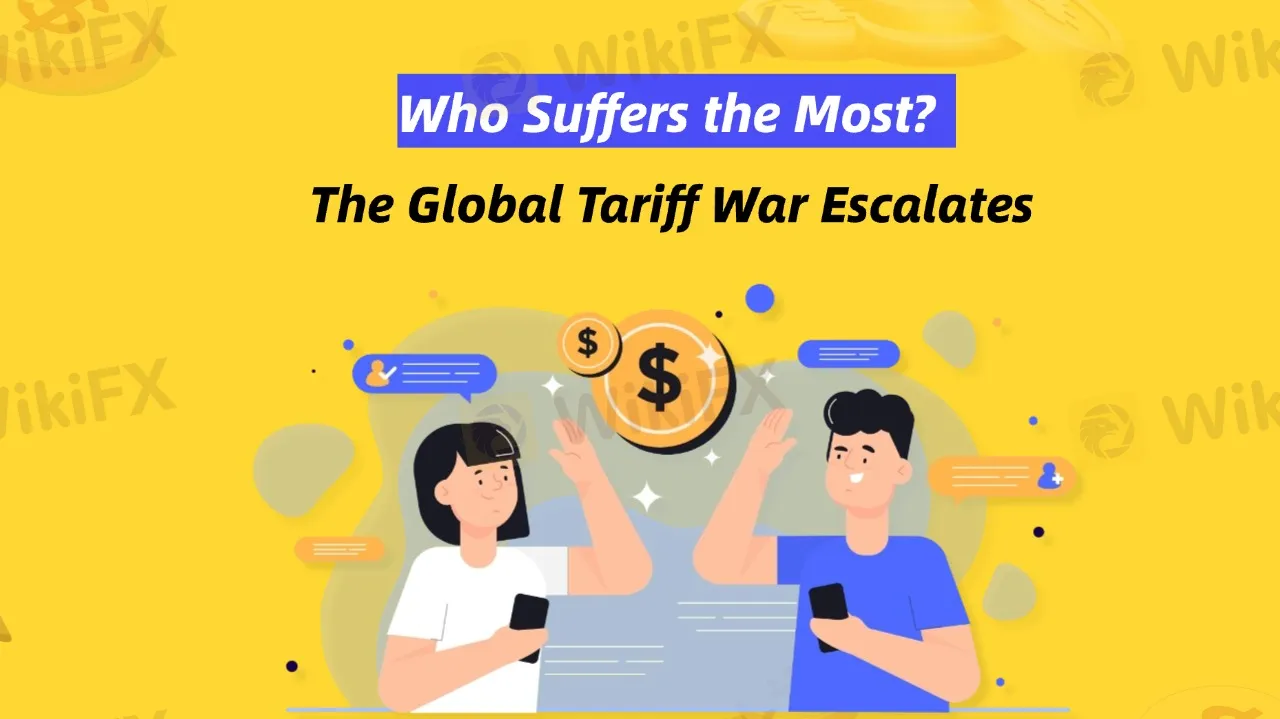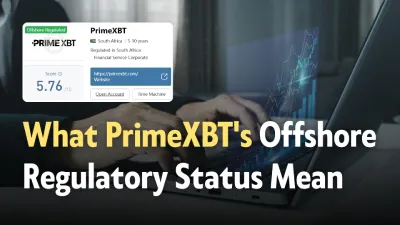简体中文
繁體中文
English
Pусский
日本語
ภาษาไทย
Tiếng Việt
Bahasa Indonesia
Español
हिन्दी
Filippiiniläinen
Français
Deutsch
Português
Türkçe
한국어
العربية
The Global Tariff War Escalates: Who Suffers the Most?
Abstract:The global trade war is intensifying as countries continue to raise tariffs, aiming to protect their own economies while creating greater market uncertainty. In this tit-for-tat game, who is truly bearing the brunt?

The U.S. government has once again wielded the tariff weapon, imposing a 25% tariff on imported steel and aluminum products starting March 12, affecting $151 billion in global trade. In response, the European Union swiftly announced retaliatory tariffs on $26 billion worth of American goods, while Canada imposed tariffs on $29.8 billion of U.S. imports.
These tariffs cover a wide range of products, from food and machinery to everyday consumer goods. Meanwhile, China has also escalated its countermeasures, imposing tariffs of 10% to 15% on 740 types of U.S. imports, including wheat, corn, and liquefied natural gas. As countries continue to take action, global trade tensions are mounting, fueling uncertainty across financial markets.
Although no country wants a full-scale confrontation with the U.S., they have little choice but to respond to the Trump administrations aggressive trade policies. The latest U.S. tariff hikes not only contradict its own goal of curbing inflation but also severely impact domestic businesses, with major automakers expected to see a 4% decline in profits. In retaliation, the EU and Canada have strategically targeted industries where the U.S. is most vulnerable, aiming to minimize costs for their own consumers while maximizing economic pressure on the U.S.
Furthermore, the evolving global trade landscape has forced governments to strike a delicate balance between protecting national interests and maintaining trade stability, leaving them no option but to continuously adjust their strategies to stay competitive.
Challenges for Investors
In the midst of this tariff war, global investors are facing unprecedented uncertainty. Markets are concerned that continued retaliatory measures could slow economic growth, heighten stock market volatility, and lower corporate earnings expectations. U.S. businesses are grappling with rising production costs and declining international demand, while companies in Europe, Canada, and China are also feeling the strain.
Additionally, the instability of global supply chains is further exacerbating the situation. Many analysts believe that if trade tensions continue to escalate, central banks may be forced to intervene with new policies, adding yet another layer of unpredictability. Investors must closely monitor trade developments and adjust their portfolios accordingly to mitigate potential risks.

Disclaimer:
The views in this article only represent the author's personal views, and do not constitute investment advice on this platform. This platform does not guarantee the accuracy, completeness and timeliness of the information in the article, and will not be liable for any loss caused by the use of or reliance on the information in the article.
Read more

7 Common Mistakes Made by Indian Forex Traders
Forex trading has become very popular among Indian traders in recent years. Every month, thousands of new traders join this market. But sadly, majority of them lose their hard-earned money because of their common mistakes. Which are these mistakes? Read below.

What Does PrimeXBT's Offshore Regulatory Status Really Mean?
Understanding PrimeXBT's offshore regulatory status, its implications, and what it means for traders looking for transparency and reliability in their investments.

iFourX: So Many Red Flags You Can’t Ignore
Forex trading has become difficult nowadays due to the frequent frauds occurring every day. You can’t blindly trust any broker . They may appear genuine and authorized but end up being scams. That’s why it’s more important to stay aware. To stay alert and informed, you need to know about a particular FX broker called iFourX and recognize its red flags.

Five Unauthorised Brokers Warned by the FCA
UK’s watchdog, the Financial Conduct Authority (FCA), recently issued a fraud alert against brokers who are operating without a license but still offering financial services. The FCA has identified these scam brokers and is warning the public not to engage with them. Check out the names of those brokers below.
WikiFX Broker
Latest News
Thailand-Cambodia War Pressures Thai Baht in Forex Market
Treasury yields tick lower as investors look ahead to Fed's interest rate decision
Does XS.com Hold Leading Forex Regulatory Licenses?
Chile Bumps Up Copper Price Forecast and Flags Lagging Collahuasi Output
A breakthrough and a burden? What the U.S.-EU trade deal means for the auto sector
Investors Accuse Duttfx Markets of Scam: What You Should Know
Treasury yields flat as investors look ahead to Fed's interest rate decision
Bitget Lists Caldera for Spot Trading | What Should You Know?
China's latest AI model claims to be even cheaper to use than DeepSeek
European stocks head for higher open with earnings and U.S. trade deals in focus
Currency Calculator


